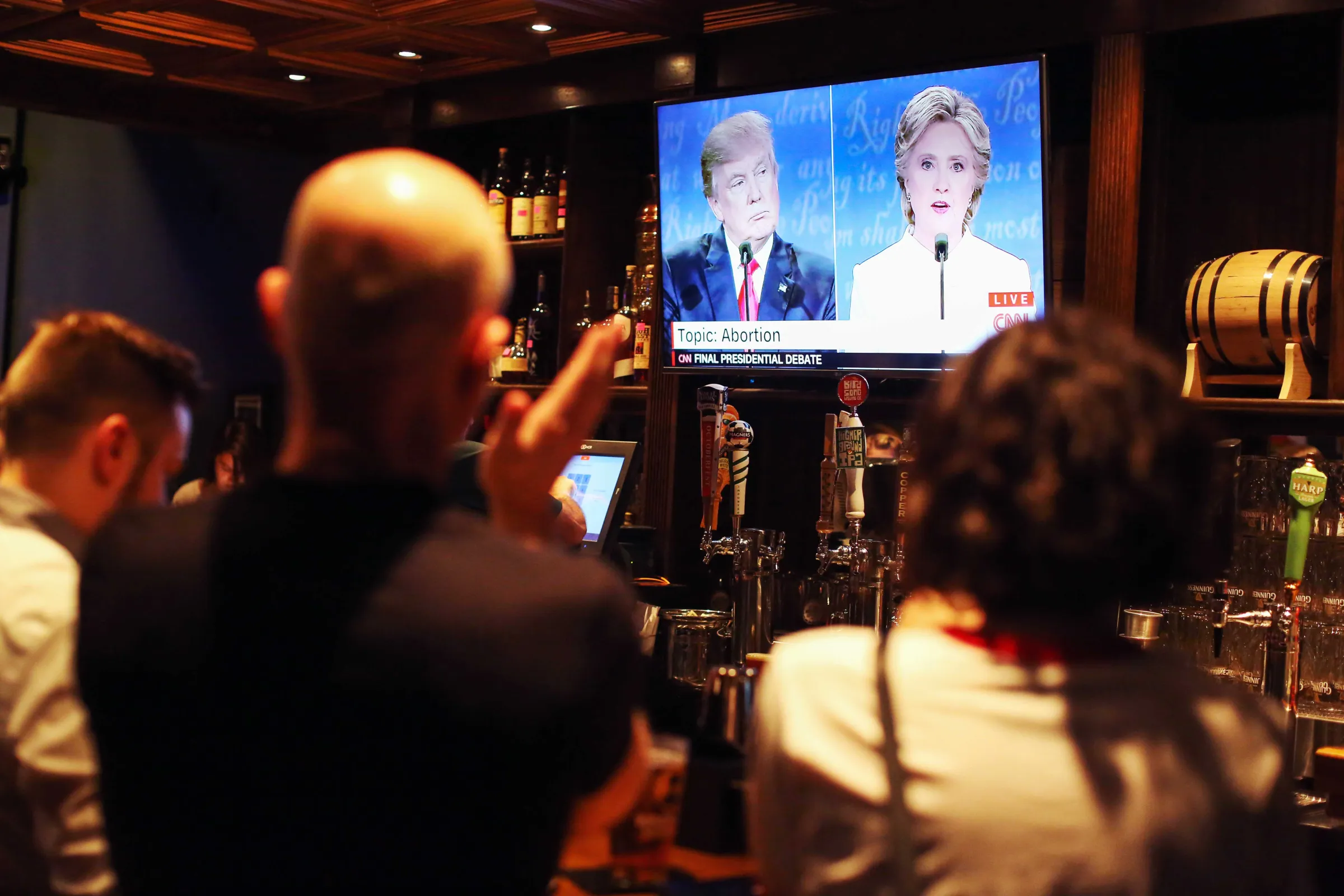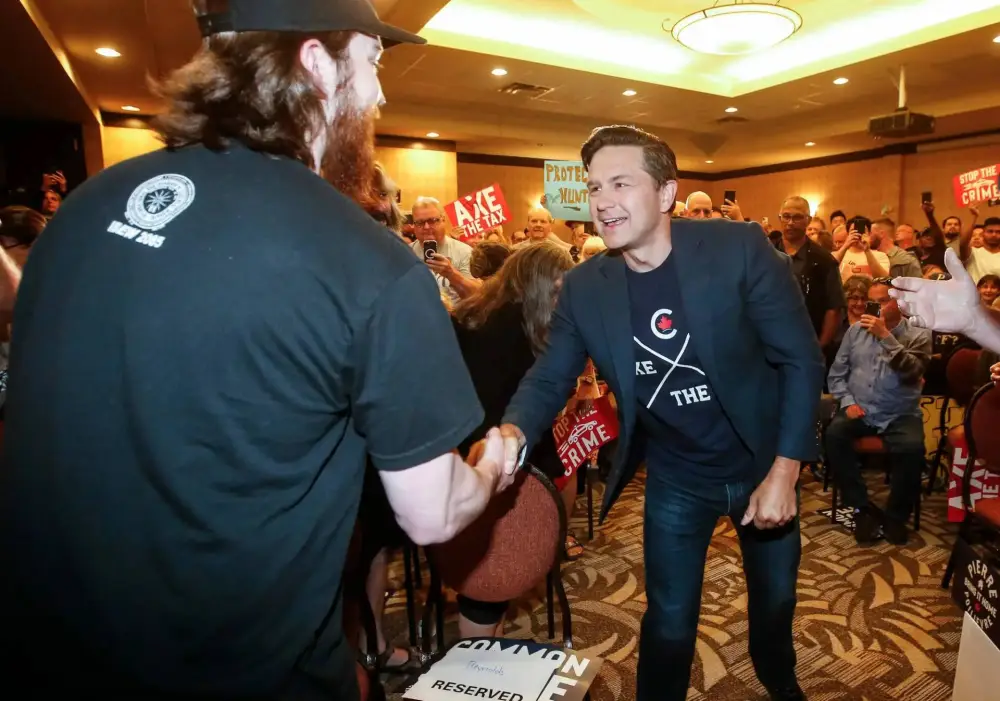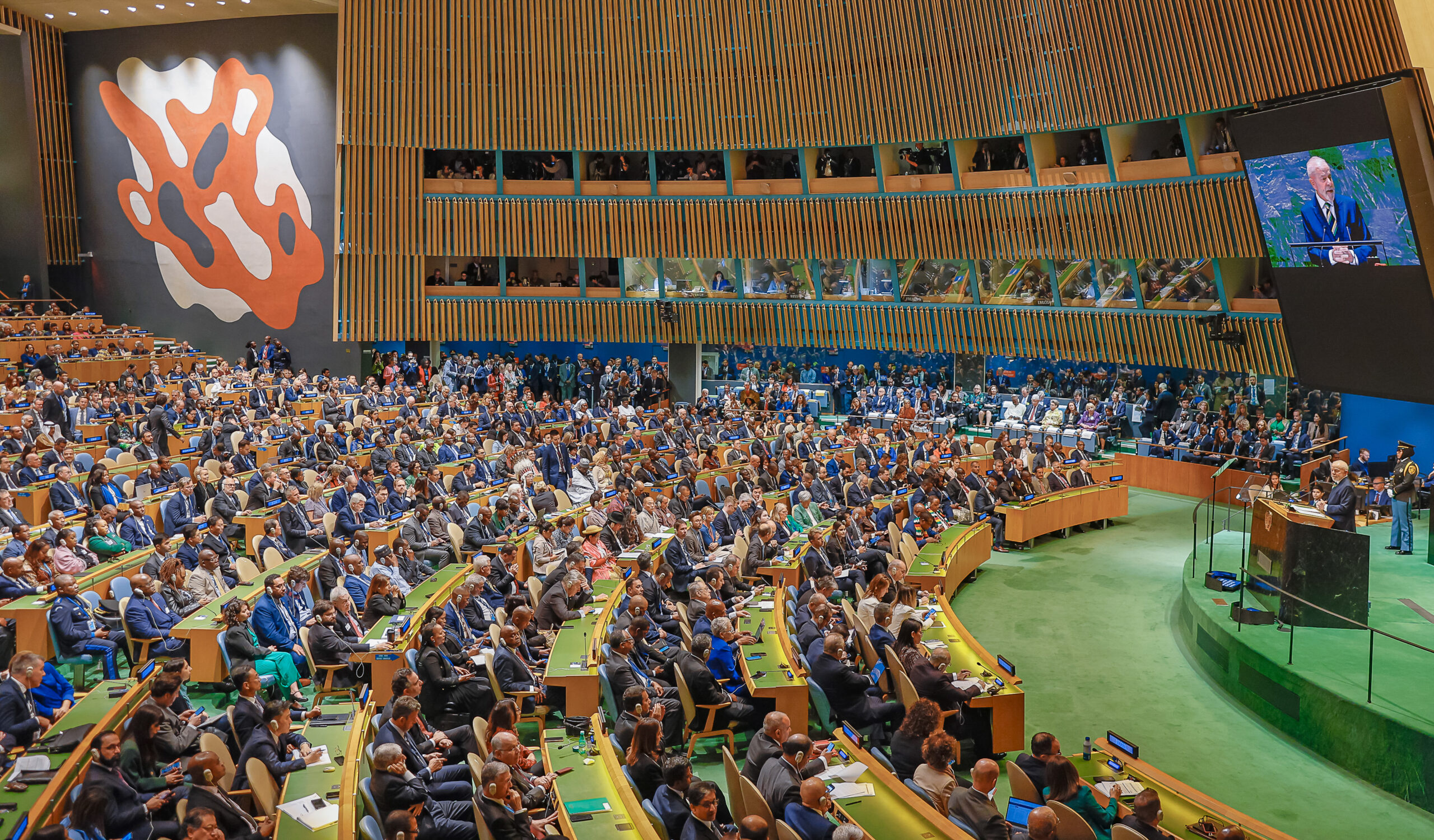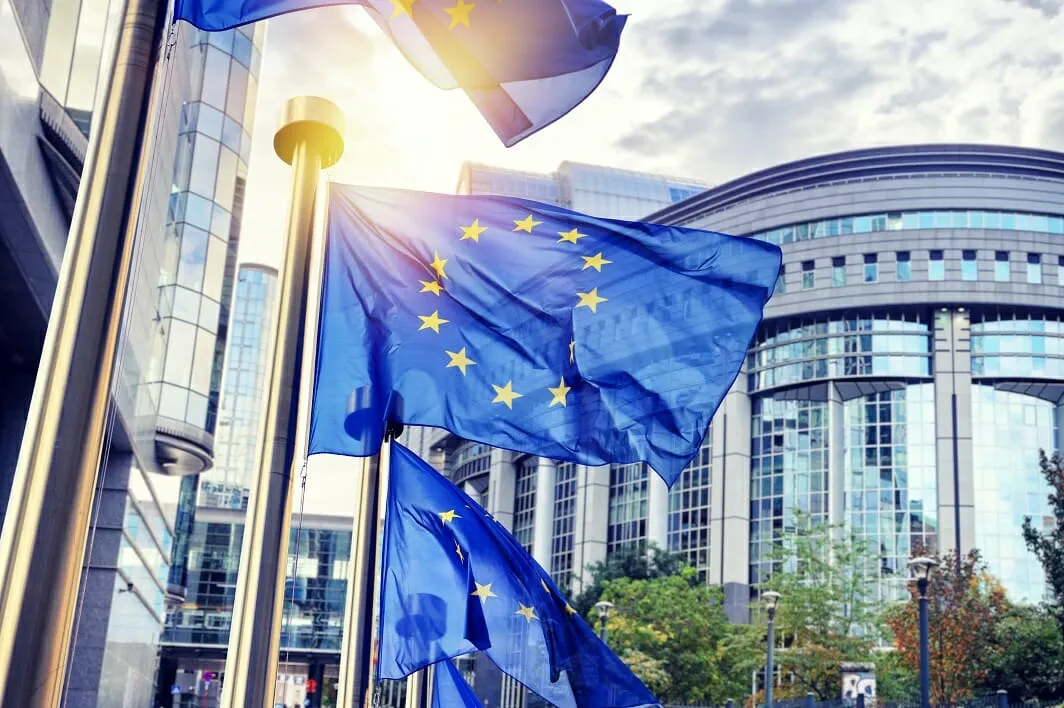There Is No ‘Good and Bad’ in Our Politics: Navigating the Gray Areas

I’ve spent over two decades knee-deep in the trenches of political campaigns, from knocking on doors in swing districts to advising candidates on tough calls that kept me up at night. One evening in 2012, during a heated primary race, I watched a principled environmentalist endorse a bill riddled with fossil fuel loopholes—just to secure funding for clean water initiatives. Was that betrayal or savvy compromise? It hit me then: politics thrives in the murk, where “good” and “bad” blur like fog over a battlefield. This isn’t cynicism; it’s the raw truth of how decisions get made when real lives hang in the balance. In this piece, we’ll unpack why our politics defies simple labels, drawing on history, psychology, and those gut-wrenching moments that make you question everything.
Understanding Moral Ambiguity in Politics
Moral ambiguity creeps into politics like smoke from a distant fire—you sense it, but pinning it down feels impossible. It’s that nagging doubt when a leader’s choice seems right in one light but wrong in another, forcing us to weigh trade-offs no textbook prepares you for. Think of it as the space where ideals crash into reality, and suddenly, heroes look a lot like survivors.
At its core, this ambiguity isn’t laziness or corruption; it’s the human condition amplified by power’s glare. I’ve argued with colleagues over coffee about whether a wartime drone strike saves more lives than it ends—data says yes, hearts scream no. Embracing this gray zone doesn’t mean abandoning ethics; it means growing wiser about them.
What Exactly Is Moral Ambiguity?
Moral ambiguity arises when ethical lines fuzz out, leaving no clear path between virtue and vice. In politics, it’s the dilemma of choosing the lesser evil, like rationing healthcare during a pandemic. No one wins outright; everyone loses a piece of their soul.
This concept, rooted in philosophy from thinkers like Machiavelli, reminds us decisions aren’t scored on a binary scorecard. It’s why voters forgive scandals one day and crucify the same figure the next—context flips the script.
Why It Matters More Than Ever Today
In our hyper-polarized era, ignoring moral ambiguity fuels echo chambers where opponents become monsters. It erodes trust, turning debates into shouting matches. Yet, acknowledging it? That builds bridges, inviting nuance into conversations starved for it.
From my time volunteering on local school boards, I’ve seen how skipping the gray leads to stalled progress—budgets balanced on the backs of the vulnerable, all because “compromise” became a dirty word.
Why Politics Isn’t Black and White
Labeling politics as a cosmic battle of good versus evil sells books and rallies crowds, but it crumbles under scrutiny. Life’s messiness—economic pressures, cultural shifts, unforeseen crises—defies tidy categories. Policies hailed as triumphs in one election cycle get demonized in the next, proving the spectrum is endless shades of compromise.
I remember advising a state senator in 2018 who pushed for immigration reform that alienated half her base. “It’s not black and white,” she told me, eyes weary. She was right; it was a mosaic of fears and hopes, where “winning” meant fewer families torn apart, even if borders stayed fortified.
The Psychology Behind Binary Thinking
Our brains love shortcuts, wired for fight-or-flight simplicity in a world of infinite variables. This cognitive bias, dubbed black-and-white thinking, amps up in politics, turning rivals into villains. It’s comforting, sure—like binge-watching a hero’s journey—but it blinds us to shared ground.
Humor me: if politics were a rom-com, we’d root for the underdog every time. Reality? It’s more like a family reunion—awkward hugs, old grudges, and that one uncle who means well but steps on toes.
Breaking Free from the Dichotomy Trap
To escape, start small: question your feed’s outrage machine. Read op-eds from the “other side” without snarling. Over years of moderating town halls, I’ve watched skeptics soften when facts reveal the opponent’s humanity—flaws and all.
It’s liberating, really. No more moral high horses; just folks muddling through, aiming for better tomorrows.
Real-World Examples of Gray Areas in Political Decisions
History brims with choices that haunt us, where leaders gambled on outcomes no oracle could predict. These aren’t footnotes; they’re mirrors reflecting our own tangled ethics. From atomic shadows to border walls, they show politics as a high-stakes improv act—brilliant one moment, heartbreaking the next.
Diving in, you’ll spot patterns: short-term gains clashing with long-term costs, public good versus private pain. It’s why armchair quarterbacks rewrite narratives years later, but those in the arena? They live the what-ifs.
The Hiroshima Dilemma: Necessity or Atrocity?
President Truman’s 1945 decision to drop the atomic bomb ended World War II swiftly, sparing Allied invasions that could’ve cost millions more lives. Yet, it vaporized civilians, ushering in nuclear dread—a “good” war move with indefensible human toll.
This ambiguity lingers in ethics classes: did the ends justify the means, or did they scar our moral compass forever?
Abortion Rights: Balancing Autonomy and Life
The U.S. Supreme Court’s 1973 Roe v. Wade ruling empowered women’s bodily autonomy, a beacon for reproductive freedom. But post-Dobbs in 2022, states’ bans spotlight fetal rights, framing access as both empowerment and potential tragedy.
Campaign trails I’ve walked echo this divide—protesters on both sides, each convinced they’re the moral anchor in a storm.
Climate Accords: Global Unity or Economic Suicide?
The 2015 Paris Agreement united nations against warming, a diplomatic feat. For developing countries, though, emission caps feel like shackles on growth, pitting planetary health against poverty’s grip.
It’s the politician’s eternal bind: save the world today, or jobs tomorrow?
- Drone Strikes in Counterterrorism: Precision kills terrorists but risks innocents, blending security with unintended grief.
- Trade Wars: Tariffs shield domestic industries yet spike consumer prices—protectionism’s double-edged sword.
- Surveillance Laws: Post-9/11 expansions curb threats but erode privacy, trading liberty for safety.
The Pros and Cons of Embracing Moral Relativism in Politics
Moral relativism—the idea that “right” shifts with context—sounds slippery, like debating dessert ethics at a potluck. In politics, it invites flexibility, letting cultures and eras breathe without imperial judgments. But wield it carelessly, and it risks excusing horrors under “it’s all relative” banners.
I’ve debated this at university panels, where relativists cheer pluralism and absolutists warn of chaos. Truth? It’s a tool, sharp when honed, dull when abused—much like a campaign promise.
Pros of Moral Relativism
Relativism fosters empathy, key in diverse democracies where one-size-fits-all morals flop.
- Cultural Respect: Honors varied norms, reducing conflicts—like U.S. foreign policy adapting to local customs abroad.
- Adaptive Governance: Allows policies to evolve, e.g., marijuana legalization shifting from “vice” to “medicine.”
- Reduces Dogmatism: Curbs holy wars, promoting dialogue over division.
Cons of Moral Relativism
On the flip side, it can paralyze action, letting atrocities slide as “cultural differences.”
| Aspect | Pros | Cons |
|---|---|---|
| Decision-Making | Flexible, context-aware choices | Risk of inaction on universal wrongs like genocide |
| Social Cohesion | Builds tolerance in multicultural societies | Erodes shared values, leading to fragmentation |
| Accountability | Encourages nuanced judgments | Enables “ends justify means” excuses for corruption |
This table underscores the tightrope: lean too far, and you tumble into justification; balance it, and politics gains depth.
How Moral Ambiguity Shapes Voter Behavior
Voters aren’t robots punching ideological cards; we’re swayed by ambiguity’s pull, bending morals to fit narratives. Studies show partisans tolerate “their” side’s flaws more, a flexibility born of loyalty over logic. It explains rally cheers for contradictory stances—hope trumps hypocrisy.
In my consulting days, focus groups revealed this: swing voters crave authenticity, not perfection. They forgive gaffes if the intent rings true, turning ambiguity into connection.
Comparing Binary vs. Nuanced Thinking
Binary minds see politics as Team A (saints) vs. Team B (sinners), breeding rage. Nuanced thinkers spot overlaps, fostering coalitions.
- Binary Approach: Quick alliances, but brittle—e.g., 2016 U.S. election’s echo-chamber fury.
- Nuanced Approach: Slower wins, stronger bonds—like bipartisan infrastructure bills passing despite gridlock.
Nuance wins endurance races; binaries spark sprints that fizzle.
Pros of binary thinking: Mobilizes bases fast, clear rallying cries.
Cons: Alienates moderates, ignores complexities.
Nuance pros: Builds lasting policy, empathy bridges.
Cons: Frustrates purists, risks “both-sides-ism” paralysis.
Famous Quotes on the Gray Areas of Politics
Words from wise souls cut through the noise, distilling ambiguity’s essence into memorable zingers. These aren’t dusty relics; they’re lifelines for navigating partisan fog, reminding us giants grappled too.
Pulling from speeches and writings, they pack wit and wisdom—perfect for that tweet that sparks real talk.
- “The world is not black and white; there are lots of shades of grey. There are good things and bad things in every era.” – Robert Greene, on history’s blurred lines.
- “War’s not black and white; it’s gray. If you don’t fight in the gray area, you’re going to lose.” – Marcus Luttrell, echoing combat’s moral haze.
- “People talk about the middle of the road as though it were unacceptable. Actually, all human problems… come into the gray areas.” – Dwight D. Eisenhower, defending compromise’s grit.
- “Life isn’t black and white. It’s a million gray areas.” – Ridley Scott, a nod to storytelling’s—and politics’—subtleties.
These gems? They’re my mental anchors during election nights, when results blur victory and loss.
People Also Ask: Common Questions on Politics and Morality
Google’s “People Also Ask” bubbles up curiosities mirroring our collective itch for clarity amid chaos. Pulled from real searches on politics’ ethical tangles, these tackle head-on why we wrestle with good-versus-bad myths. They’re not gotchas; they’re gateways to deeper dives.
What Is the Difference Between Good Politics and Bad Politics?
Good politics prioritizes collective welfare through transparent, inclusive processes—like bipartisan reforms that endure. Bad politics? It’s self-serving theater, eroding trust via corruption or division. The line blurs in crises, where “good” intent yields messy results.
Is Politics Inherently Bad?
No, but human flaws make it messy. Politics channels our better angels toward progress, yet power tempts the worst. View it through human nature’s lens: a mix of altruism and ambition, neither pure good nor evil.
Why Do People See Politics as a Battle Between Good and Evil?
Tribalism wires us for us-versus-them, amplified by media’s drama. It simplifies complexity, boosting engagement but stifling nuance. Breaking free means seeking stories beyond headlines.
Can Moral Relativism Justify Political Compromises?
Yes, if it tempers absolutism without excusing harm—think trade deals balancing jobs and environment. But unchecked, it risks moral drift. Balance with core principles keeps it ethical.
Best Tools for Understanding Politics’ Gray Areas
Want to arm yourself against oversimplification? Dive into resources blending insight with accessibility—no PhD required. These aren’t fluff; they’re lifelines for citizens tired of soundbites.
For informational intent, start with books unpacking moral relativism in politics. Transactionally, snag them via Amazon or your local indie—support small presses fueling fresh voices.
- The Dictator’s Handbook by Bruce Bueno de Mesquita: Demystifies why “bad” behavior often sustains power; eye-opening for cynics. Grab it here.
- Dirty Hands by Michael Walzer: Explores politicians’ ethical binds—perfect for philosophy buffs. Available at JSTOR.
- Podcasts like The Gray Area: Sean Illing’s chats dissect ambiguity with experts—free on Spotify.
For navigational ease, check Pew Research Center’s politics hub for data-driven breakdowns. These tools? They’ve reshaped my worldview, one chapter at a time.
FAQ: Your Burning Questions on Politics’ Moral Maze
Drawing from forums like Quora and Reddit, these hit real user pain points—searches spiking around elections. Short answers, no jargon, just straight talk.
How Can I Spot Moral Ambiguity in Campaign Promises?
Look for vague phrasing masking trade-offs, like “strong borders” ignoring humanitarian costs. Cross-check with fact-checkers like Politifact—it reveals the grays fast.
Does Embracing Gray Areas Make Me Apathetic?
Nah, it’s the opposite: it fuels engaged citizenship. Apathy’s the real killer; nuance motivates smarter voting, not disinterest.
What’s One Way to Discuss Politics Without Binary Fights?
Share stories over facts—e.g., “My neighbor lost his job to that tariff; what’s your take?” It humanizes, diffusing heat.
Are There Universal Morals in Politics, or All Relative?
Core ones like “do no harm” hold, but applications? Contextual gold. Relativism shines when it respects differences without erasing lines.
Where Do I Start Learning About Moral Relativism in Politics?
Kick off with Maria Baghramian’s essays on The Philosopher—free, bite-sized, and brilliant.
In wrapping this up, remember that evening in 2012? That environmentalist’s endorsement passed the water bill, quenching thirst for thousands. Messy? Absolutely. Impactful? Undeniably. Politics’ lack of stark good or bad isn’t a flaw—it’s the forge shaping progress. Lean into the gray; it’s where real change brews. What’s one ambiguous call you’ve wrestled with? Drop it in the comments—we’re all navigating this fog together.
 The Political Economy of Economic Policy: Where Power Meets Prosperity
The Political Economy of Economic Policy: Where Power Meets Prosperity  What Does Politics Mean? A Comprehensive Exploration
What Does Politics Mean? A Comprehensive Exploration  Political Economy: Definition, History, and Real-World Applications
Political Economy: Definition, History, and Real-World Applications  Understanding the Masculinity Effect in American Politics
Understanding the Masculinity Effect in American Politics